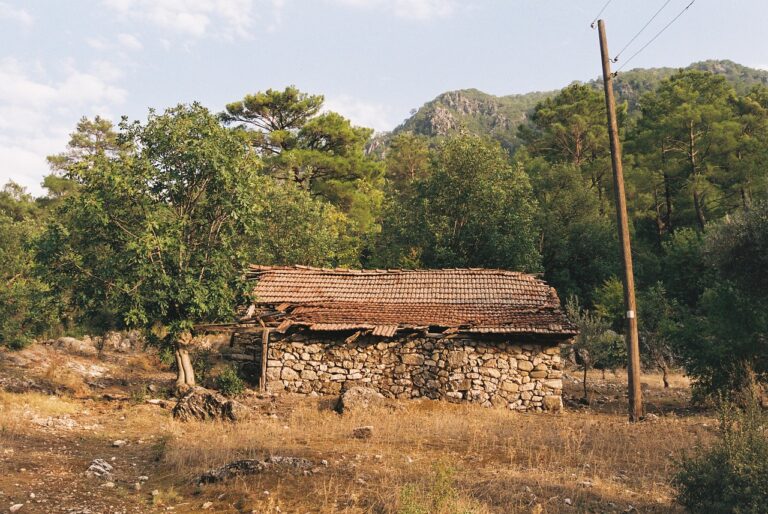Driveway Material Lifespan Comparison: 11xplay login, King567, Skyinplay.com login
11xplay login, king567, skyinplay.com login: When it comes to choosing the right material for your driveway, durability and lifespan are essential factors to consider. Different driveway materials have varying lifespans, which can impact the maintenance and overall cost of your driveway over time. In this article, we will compare the lifespan of some common driveway materials to help you make an informed decision for your driveway project.
Concrete Driveways
Concrete is a popular choice for driveways due to its durability and versatility. A properly installed concrete driveway can last up to 30 years or more with regular maintenance. However, factors such as the quality of the concrete mix, installation techniques, and climate conditions can all impact the lifespan of a concrete driveway. Cracks and potholes are common issues with concrete driveways, but these can be mitigated with proper maintenance and sealcoating.
Asphalt Driveways
Asphalt driveways are another popular choice for homeowners due to their cost-effectiveness and quick installation process. An asphalt driveway can last anywhere from 10 to 20 years, depending on maintenance and climate conditions. Regular sealcoating and filling in cracks can help prolong the lifespan of an asphalt driveway. However, harsh weather conditions and heavy traffic can accelerate wear and tear on an asphalt driveway.
Gravel Driveways
Gravel driveways are a budget-friendly option for homeowners looking for a rustic aesthetic. While gravel driveways are easy to install and maintain, they have a shorter lifespan compared to concrete and asphalt driveways. On average, a gravel driveway can last around 5 to 10 years before needing to be regraded and resurfaced. Factors like heavy rain, erosion, and snow removal can impact the lifespan of a gravel driveway.
Paver Driveways
Paver driveways are a stylish and durable option for homeowners seeking a custom look. Pavers are made from materials like concrete, brick, or natural stone, providing a wide range of design options. A well-maintained paver driveway can last up to 25 years or more. The lifespan of a paver driveway is highly dependent on the quality of the materials used and the installation process. Regular cleaning and sealing can help prolong the lifespan of a paver driveway.
Grass Driveways
Grass driveways, also known as green driveways, are an eco-friendly alternative to traditional paving materials. Grass driveways consist of a grid system that allows grass to grow in between the panels. While grass driveways have a unique aesthetic appeal, they require regular maintenance to prevent weeds and erosion. With proper care, a grass driveway can last around 15 to 20 years. Factors like heavy vehicles and harsh weather conditions can impact the lifespan of a grass driveway.
FAQs
1. Which driveway material is the most durable?
Concrete driveways are generally considered the most durable option, with a lifespan of up to 30 years or more. However, asphalt driveways and paver driveways can also be long-lasting with proper maintenance.
2. What is the most cost-effective driveway material?
Gravel driveways are the most budget-friendly option for homeowners looking to save on driveway installation costs. While gravel driveways have a shorter lifespan, they can be a cost-effective choice for short-term use.
3. How can I prolong the lifespan of my driveway?
Regular maintenance is key to prolonging the lifespan of any driveway material. This includes sealcoating, crack filling, and cleaning to prevent damage from weather conditions and wear and tear.
4. Can I install a driveway myself?
While some driveway materials like gravel and grass driveways can be DIY projects, it’s recommended to hire professionals for concrete, asphalt, and paver driveways to ensure proper installation and longevity.
5. How do I choose the right driveway material for my home?
Consider factors such as budget, maintenance requirements, climate conditions, and aesthetic preferences when choosing a driveway material. Consulting with a professional contractor can help you make an informed decision based on your specific needs and preferences.
Overall, the lifespan of a driveway material depends on various factors such as maintenance, installation quality, and environmental conditions. By understanding the lifespan of different driveway materials, you can choose the best option for your home that fits your budget and aesthetic preferences. Whether you opt for concrete, asphalt, gravel, pavers, or grass, regular maintenance is essential to ensure a long-lasting and attractive driveway for years to come.







